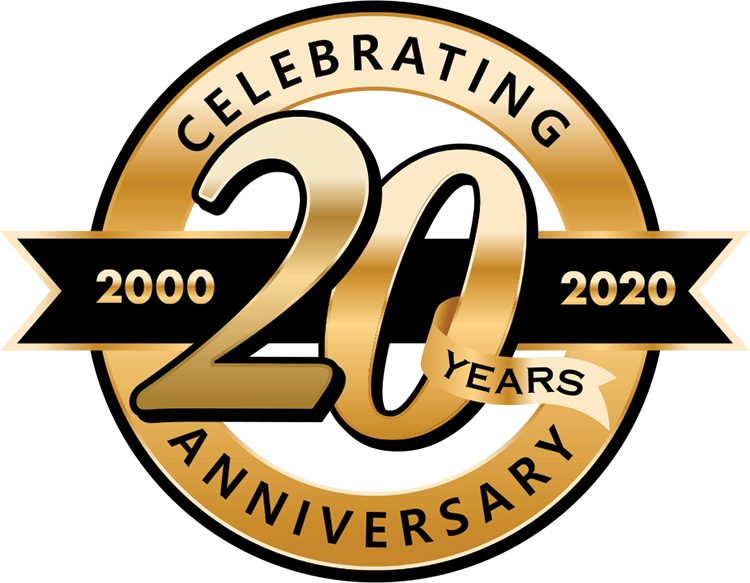Efficacy of Botox Versus Placebo for Treatment of Patients with Major Depression
Dariusz J. Nasiek, MD - Medycyna Estetyczna I
Physicians, Health, Beauty
December 22, 2020
Background: In this study, the efficacy of Botox was compared with placebo for treatment of patients with major depression.
Methods:
In this randomized clinical trial, 28 consecutive patients with major depression were enrolled. The patients were randomly assigned to receive either Botox or placebo and the scores of Beck Depression Inventory were determined and compared at baseline and after two and six weeks in the groups and between the groups. In addition, the drug adverse effects were compared between groups.
Results:
There was a statistically significant difference between the two group after 6th week Beck Score (P=0.004). None of the patients experienced side effects.
Conclusion:
Botox is effective for treatment of patients with major depression and it has a high safety.
Introduction:
Depression is a common psychiatric disorder leading to high burden especially for other psychiatric comorbidities. Annually 43.7 billion dollars are expended for patients with depression. Routine depression treatments include tricyclic antidepressants and selective serotonin reuptake inhibitors. The use of other therapeutic methods such as complementary treatments or injection methods such as botulinum toxin (Botox) have been suggested in some studies.
Botox is a drug with multiple applications in dermatology treatments especially with cosmetic purposes. Among main application is the treatment and reduction of facial wrinkles. On one side there are different variables including used dose, therapeutic goals, hypersensitivity history that may contribute contributing to outcomes and adverse effects. On the other side high safety and good efficacy of this drug are well known.
In this study, the efficacy of Botox was compared with placebo for treatment of patients with major depression.
Materials and Methods:
In this randomized clinical trial 28 consecutive patients with major depression (according to DSM-V) and Beck Depression Inventory were enrolled. The inclusion criteria were lack of hypersensitivity to Botox, and satisfaction for enrollment in the study and the exclusion criteria were lack of possibility for follow-up and lack of satisfaction for incorporation in the study. The main anti-depressant treatments were alike between groups and no alteration was done in routine treatments.
The patients were randomly assigned to receive either Botox or placebo and the scores of Beck Depression Inventory were determined and compared at baseline and after two and six weeks in the groups and between the groups. In addition, the drug adverse effects were compared between groups.
Data analysis was performed among 28 subjects including 14 subjects in control group and 14 patients in case group.
Results:
The mean age was 35.14±11.8 and 43.71±10.9 yr in Botox and placebo group, respectively. In each group, 7 subjects were male and 7 patients were female. Six subjects (42.9%) and five patients (35.7%) in Botox and placebo groups had positive family history of major depression. The mean duration of disease was 3.71 ± 2.3 and 3.50 ± 2.4 yr in Botox and placebo group, respectively. There was a statistically significant difference between the two group for 6th week Beck Score, but at baseline and after two weeks, there was no significant difference. None of the patients experienced side effects.
Discussion:
In this study, the efficacy of Botox was compared with placebo for treatment of patients with major depression and encouraging effects were seen after six weeks of treatment. There are some controversies about efficacy of Botox in treatment of major depression and further studies such as our study are required. Overall, 47% efficacy for Botox versus 9% for placebo were obtained as the result of this study. The decrease in facial sadness was also reported in this study.
Conclusion:
Botox is effective for treatment of patients with major depression and it has a high safety.
Abbas ZAMANIAN et al.
When calling this company, please reference POLISH AMERICAN PAGES.
Dariusz J. Nasiek, MD
Aesthetic Medicine For You!
Treatment and prevention of neurological and psychiatric diseases with BOTOX.
Dr. Dariusz Nasiek and his team invites you for a consultation.
SPONSORED ARTICLE
For the most up-to-date information, please contact the company directly.The photos contained in the article serve only as an illustration of the article.
Nasiek, Dariusz, MD
Aesthetic Medicine
Garfield, NJ 07026
ARTICLES OF THIS COMPANY
Find an article
FIND A COMPANY
Add your business to our directory
Do you have a business?
- Register an account
- Add info for easy finding
- Get new customers







